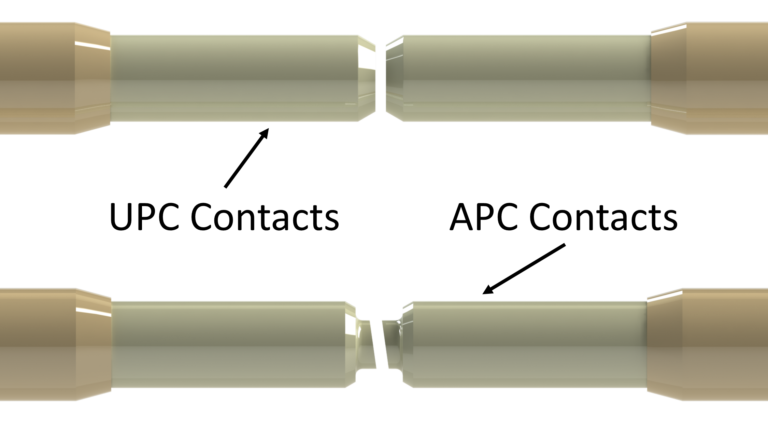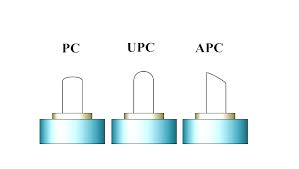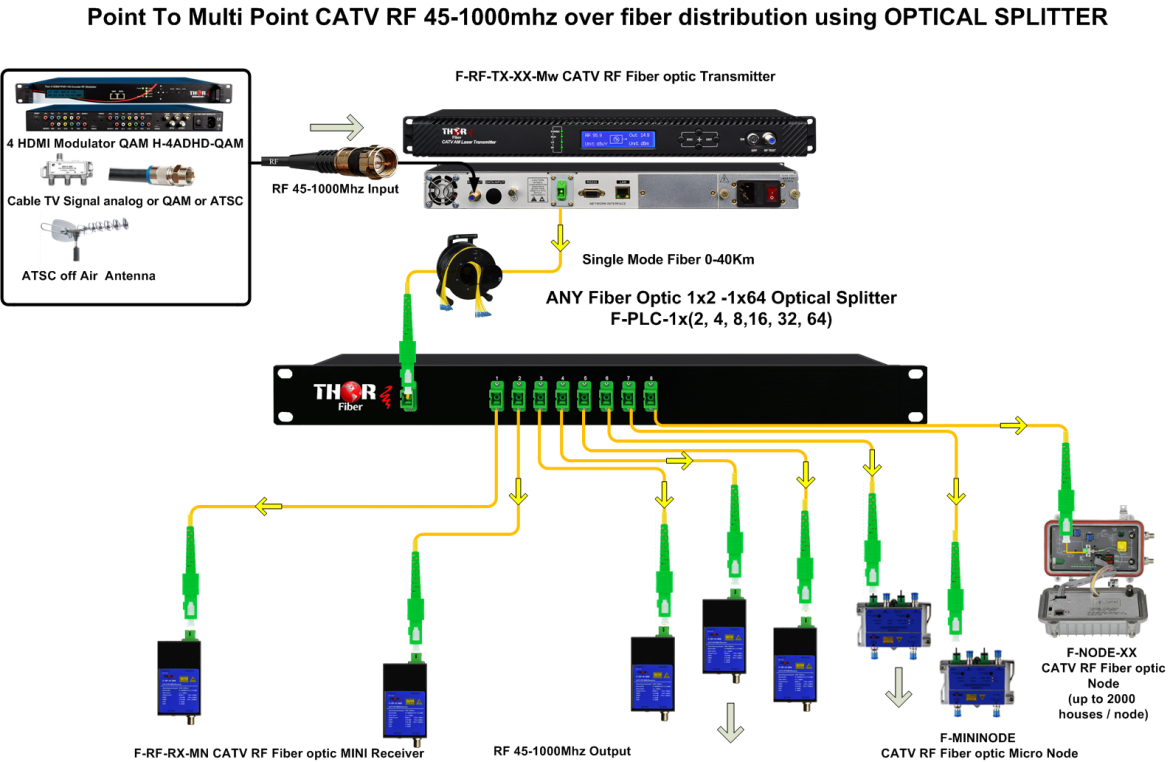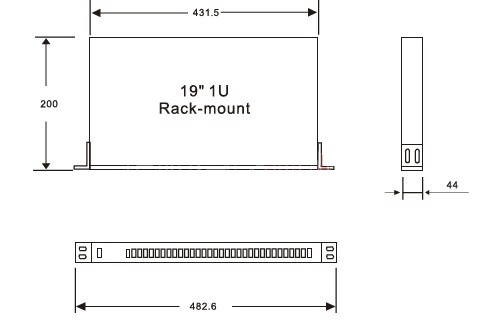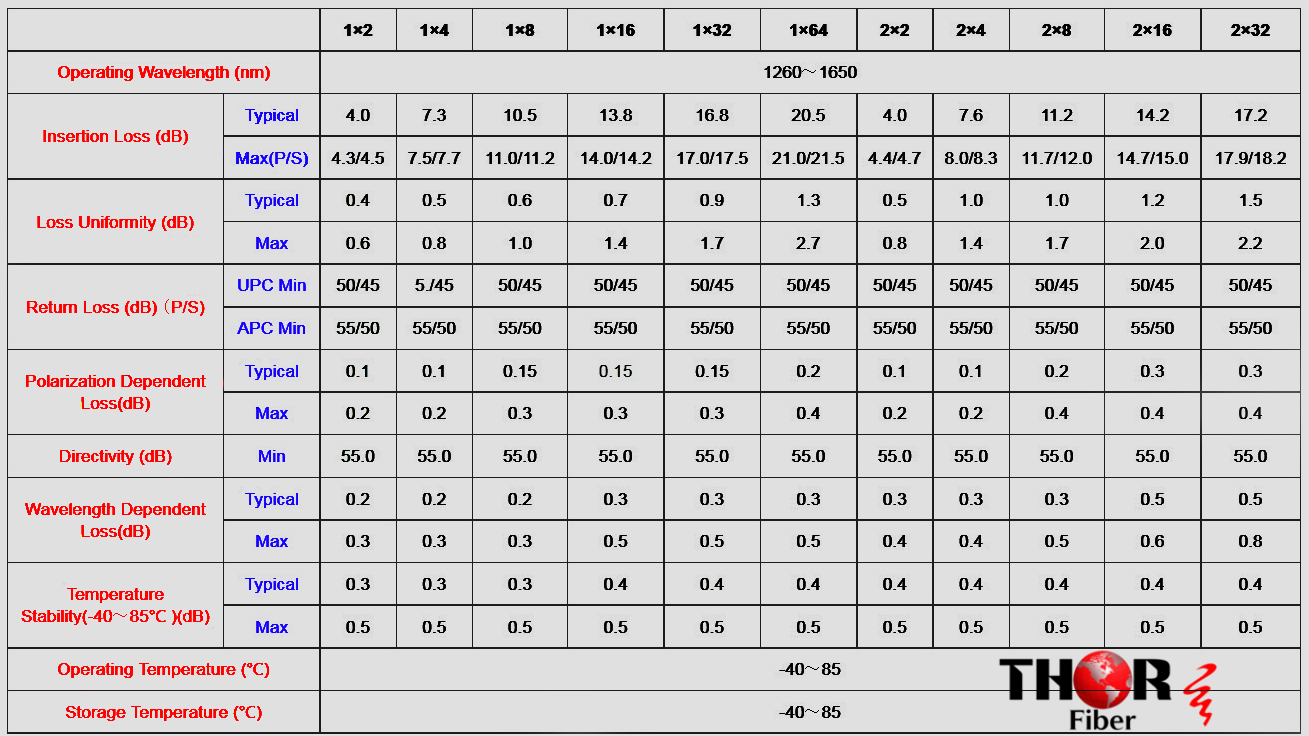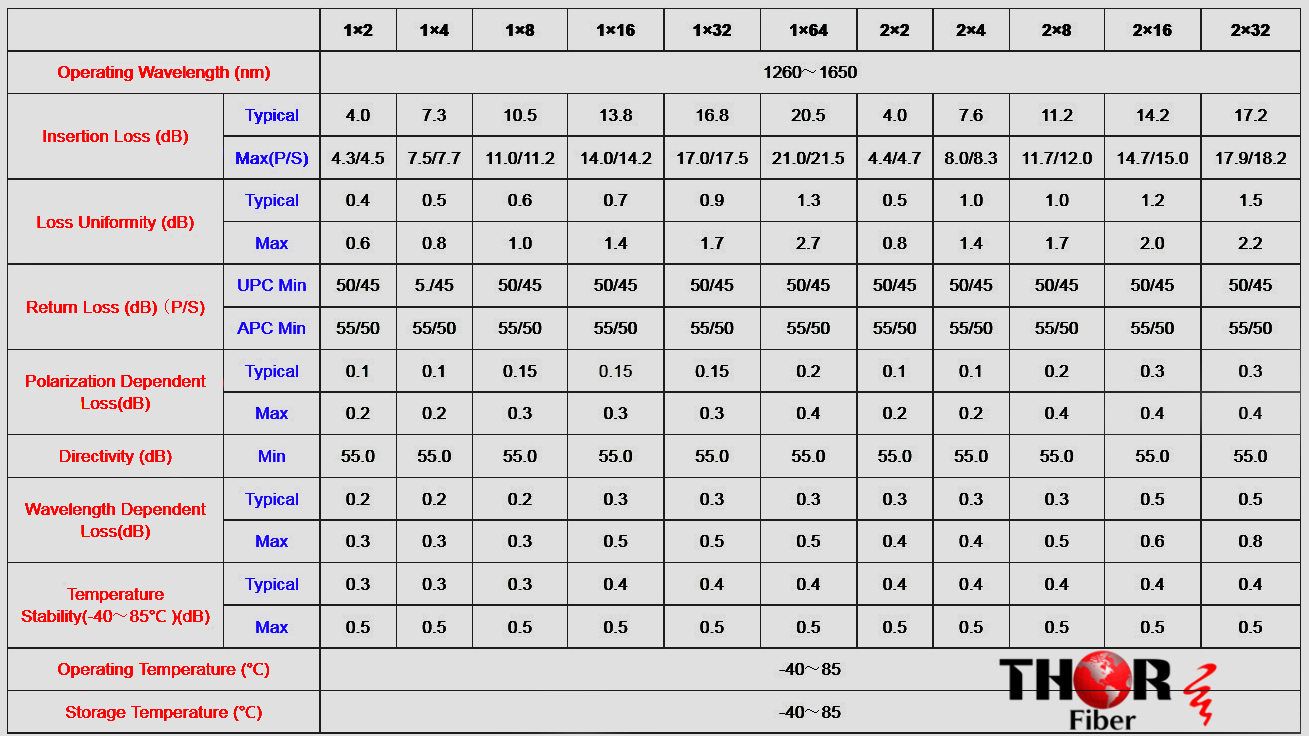Answer: These PLC slitters will not filter any optical wavelengths.
They split or combine all incoming wavelengths equally, without discrimination.
If you need wavelength-specific filtering or routing, we can supply CWDM or DWDM passive filters instead.
If that’s the case, please specify the optical wavelengths you plan to use so we can provide the correct components.
CWDM (Coarse Wavelength Division Multiplexing):
CWDM typically operates with wavelengths spaced 20nm apart. Common CWDM wavelengths include:
1270, 1290, 1310, 1330, 1350, 1370, 1390, 1410, 1430, 1450, 1470, 1490, 1510, 1530, 1550, 1570, 1590, 1610 nm
CWDM is ideal for short to medium distances (up to ~80km) and offers cost-effective solutions for multiplexing up to 18 channels over a single fiber.
DWDM (Dense Wavelength Division Multiplexing):
DWDM uses much tighter spacing between wavelengths (typically 0.8nm or 100GHz apart), allowing more channels. Common DWDM channels follow the ITU-T Grid, including wavelengths like:
C-Band (1528.77nm to 1563.86nm) – Channels 17 to 61
DWDM is best for long-distance, high-capacity fiber transport.

 EN
EN





